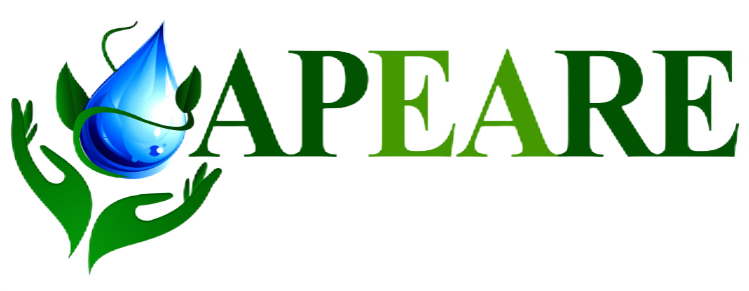Alliance for Positive Environmental Impacts and Reforestation (APEARE) regularly engages women and youth in their efforts to promote sustainable living and consumption. This is because women in Nigeria and elsewhere in the world play important roles in climate change mitigation and food security.
Women are often the primary caregivers and providers of food for their families, and they are also often the most vulnerable to the impacts of climate change, such as droughts, floods, and other extreme weather events. Alliance for Positive Environmental Impacts and Reforestation (APEARE) regularly engages women and youth in their efforts to promote sustainable living and consumption.
In terms of climate change mitigation, women in Nigeria are involved in a range of activities, such as sustainable agriculture, renewable energy, and natural resource management. Women farmers, for example, are increasingly adopting sustainable agricultural practices, such as agroforestry and conservation agriculture, which can help to reduce greenhouse gas emissions and improve soil health.
Women are also involved in the promotion of renewable energy in Nigeria, particularly in rural areas where access to electricity is limited. Women-led initiatives, such as the Solar Sister program, are promoting the use of solar energy and providing training and support for women entrepreneurs to start their own solar businesses.
In terms of food security, women in Nigeria play a critical role in ensuring that their families have access to nutritious and diverse food. Women are involved in all aspects of food production, from planting and harvesting to processing and cooking. Women are also involved in the preservation of traditional food crops and the conservation of local biodiversity.
However, women in Nigeria face a range of challenges that limit their ability to contribute fully to climate change mitigation and food security. These challenges include limited access to land, credit, and other resources, as well as cultural and social barriers that limit their participation in decision-making processes.
Overall, women in Nigeria play important roles in climate change mitigation and food security, and there is a need for policies and programs that support their participation and empowerment. By promoting gender equality and empowering women, Nigeria can promote sustainable development and build resilience to the impacts of climate change.




